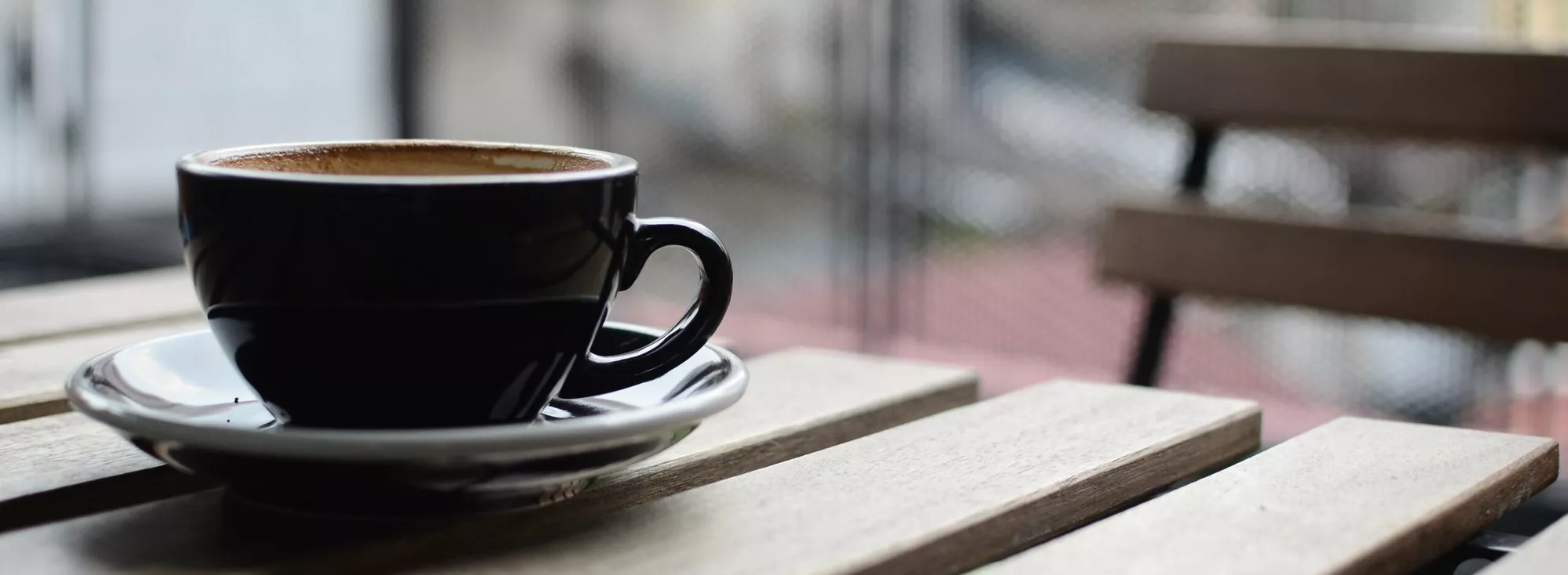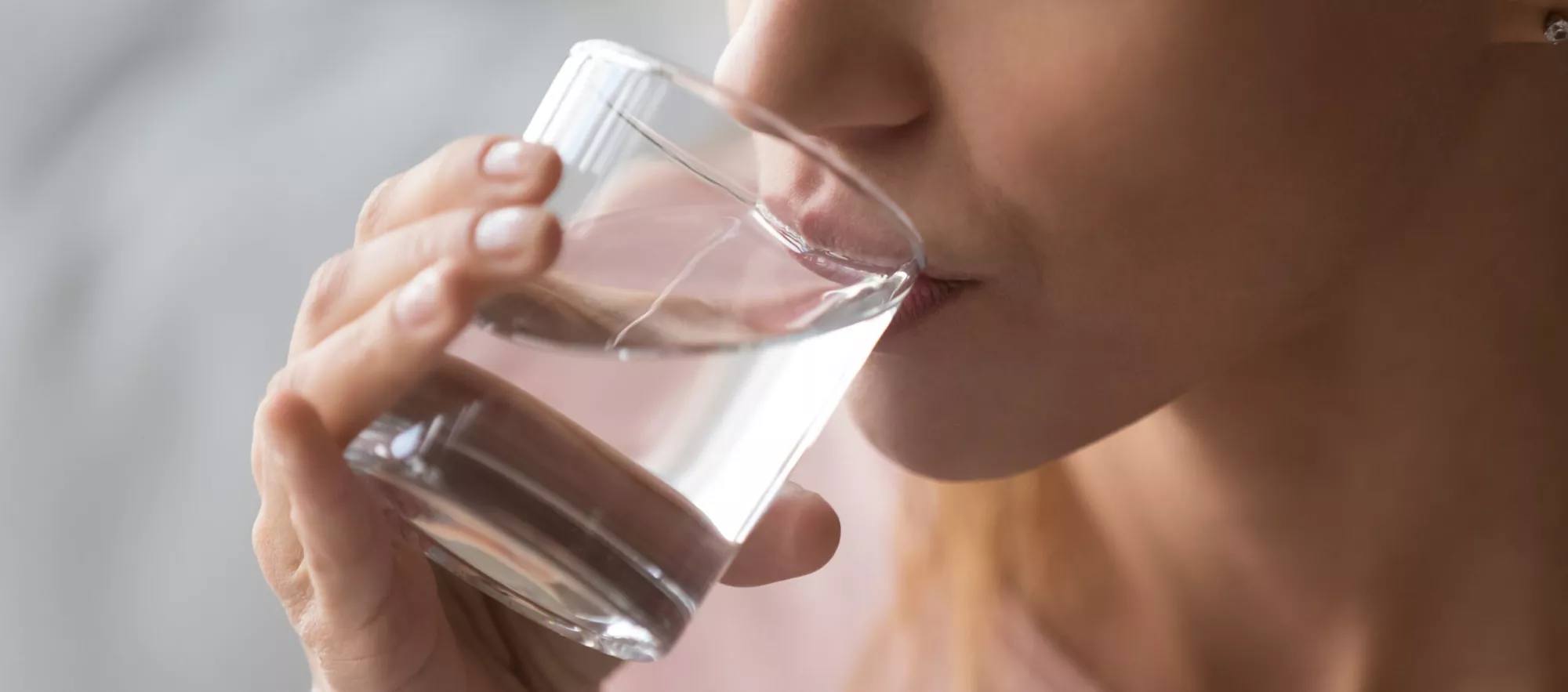Good hydrate is crucial for your body. But often we drink too little or too late - when you get thirsty, you really should have already grabbed a glass of water. You need water to transport nutrients and get your waste products out of your body. Proper hydration also helps against obesity and headaches.
Coffee, as long as you drink less than five cups a day, is not bad for you. However, coffee can be addictive and keep you awake longer at night. Therefore, try what it does to your body if you give up coffee altogether.
Why is moisturizing so important?
Our body consists of more than half water, the brain even seventy percent. Your hydration is therefore enormously important.
Not only is water needed to keep your systems and organs working, drinking lots of water, for example, also works when you want to lose weight. You feel less hungry, and drink less sugary drinks. Moreover, drinking water stimulates your metabolism.
In addition, water is essential for your brain: if you don't drink enough you function worse and can get splitting headaches. Your brain uses a lot more water than you think! Scientists from Maastricht investigated whether drinking water helps against migraine, and they were. The patients suffered from migraines for a much shorter time, and the pain was also less.
Hydrating, does coffee count?
The Dutch are huge coffee lovers. On average, we drink four cups per day, men slightly more than women, and we drink slightly more as we age. That in itself is not a problem: up to five cups a day, coffee is not harmful.
However, coffee can be addictive: coffee raises your dopamine levels - just like chocolate - which makes you feel good.
In addition, caffeine blocks attachment points for adenosine, an important sleep-inducing and sedative. As the day progresses, the action of adenosine increases, making you more tired.
If you then take a cup of coffee, you will be alert again. This can be very effective, but if you do this too late in the day, it disrupts your natural sleep. Of course, you're tired for a reason: by suppressing those feelings, you don't give your body a chance to rest. This principle is also addictive: you need more and more coffee to achieve the same state of alertness.
If you completely jettison coffee, you'll also notice withdrawal symptoms: headaches, less energy or a bad mood. But those symptoms are temporary. After two to nine days, your body functions again - and now completely on its own.




